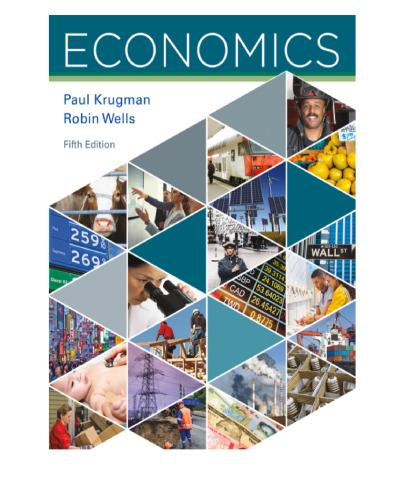You are considering buying a second-hand Volkswagen. From reading car magazines, you know that half of all
Question:
You are considering buying a second-hand Volkswagen. From reading car magazines, you know that half of all Volkswagens have problems of some kind (they are “lemons”) and the other half run just fine (they are “plums”). If you knew that you were getting a plum, you would be willing to pay $10,000 for it: this is how much a plum is worth to you. You would also be willing to buy a lemon, but only if its price was no more than $4,000: this is how much a lemon is worth to you. And someone who owns a plum would be willing to sell it at any price above $8,000. Someone who owns a lemon would be willing to sell it for any price above $2,000.
a. For now, suppose that you can immediately tell whether the car that you are being offered is a lemon or a plum. Suppose someone offers you a plum. Will there be trade?
Now suppose that the seller has private information about the car she is selling: the seller knows whether she has a lemon or a plum. But when the seller offers you a Volkswagen, you do not know whether it is a lemon or a plum. So this is a situation of adverse selection.
b. Since you do not know whether you are being offered a plum or a lemon, you base your decision on the expected value to you of a Volkswagen, assuming you are just as likely to buy a lemon as a plum. Calculate this expected value.
c. Suppose, from driving the car, the seller knows she has a plum. However, you don’t know whether this particular car is a lemon or a plum, so the most you are willing to pay is your expected value. Will there be trade?
Step by Step Answer:







